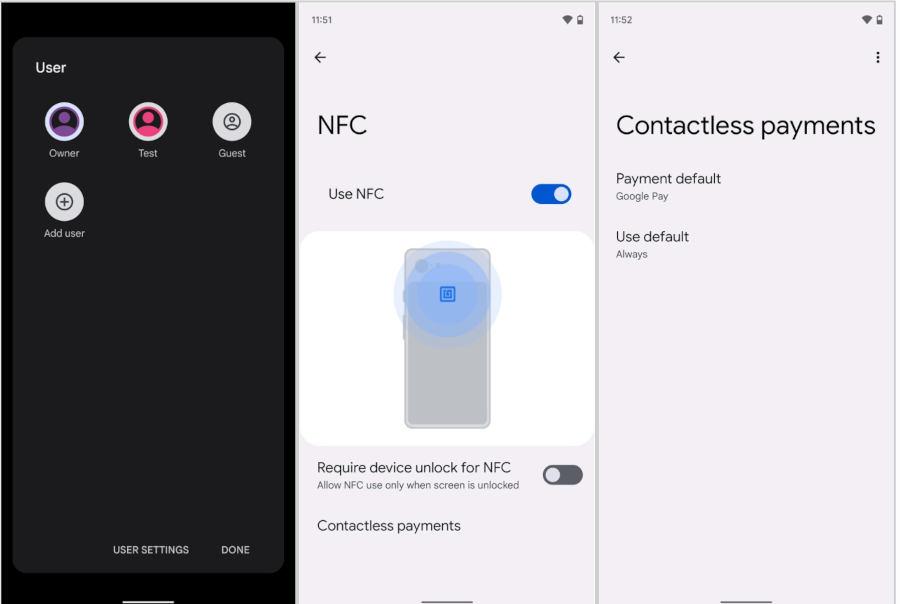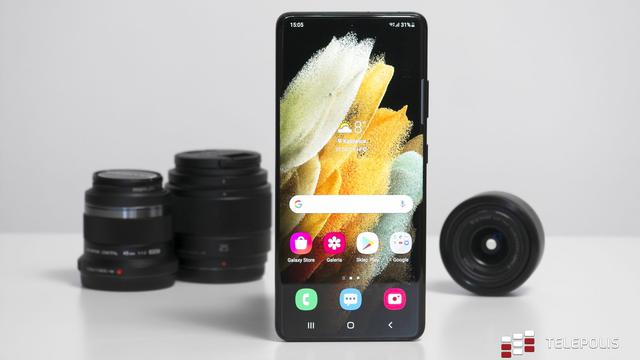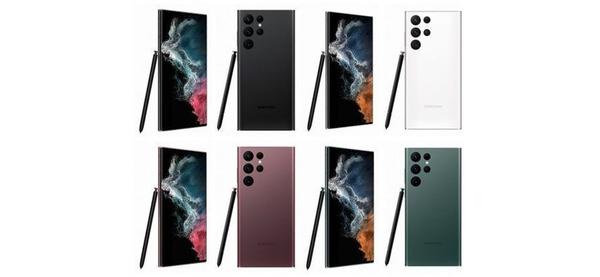Users of smartphones with Google system are waiting for updates to Android 12, meanwhile work is underway on the next version - Android 13.What is already known about the future generation of work?
You will have to wait a few nice months for the premiere of the final version of Android 13, probably until the fourth quarter of 2022.Earlier, however, the version for developers will be available, which should take place in February 2022.In May, in May, Android 13 Beta is expected, which should premiere at the Google I/O event.
The first reports on Android 13 are now appearing thanks to the changes signaled in the AOSP code, and the information available so far has been collected by the XDA-Developers portal.Here's what to expect.
See: End of the world.Samsung can abandon Android
Android 13: What new functions?
The unofficial name of Android 13, referring to the dessert marking system, is "tiramisu".What is known about the upcoming system is still disordered information that does not have to refer to the most important changes.
And so Android 13 will bring NFC payment functions among many users.Profiles that can be created on Android allow the use of the same device by different users, such as family members, while maintaining full confidentiality of data.At the same time, there is a limitation - the additional users cannot use NFC contactless payments.Now this limitation is to disappear, NFC can be enabled in any profile.
Android 13 is also to allow the function of limiting the activity of the application in the background.In Android 12 a new solution was introduced called Phantomprocessskiller, which in order to save the battery closes processes in memory.Although for most users its action may be imperceptible, they will feel more demanding that it will feel the inconveniences related to it.Android 13 is to be equipped with a switch of this function, although it will probably be hidden in the programmer's options.

Another change in Android 13 is the full service of Bluetooth Le Audio (LC3 codeka).It is a standard of sound transmission via Bluetooth, which while maintaining high quality signal also ensures high energy efficiency.This solution is useful not only in music accessories, but also for example.in hearing aids.Bluetooth Le Audio has already been initially implemented in Android 12, but its operation in the current system is limited.Now, however, the LC3 codec will be fully supported and used as a priority in connections with accessories.
Android 13 will also bring changes in interface language management.Regardless of which language has been chosen for the entire system, the settings will be indicated by a separate, any language for each application separately.This function is to be implemented systemically (in the "Languages and methods of introduction" menu), i.e. you will not have to look into the settings of individual applications to change the language (which is now allowed by some programs).
Along with Android 13, notification management options are to be improved.The change is to apply primarily to the mechanism of setting system permissions sent by applications that will no longer be able to automatically turn them on after installation.Now it will be determined by the user, similarly to how it gives the right to location or contacts.Notifications will also be grouped together with the other permissions.Currently, they are placed as a separate switch in options, differently in different versions of interfaces, and each manufacturer does it in their own way.
In Pure Android 13 there will also be an option already known from the interfaces of some manufacturers, e.g..Samsung from his One UI, i.e. personalization of the appearance and placing the clock of the lock screen.
According to Xda-Developers, in Android 13 there is also to be a TARE mechanism (The Android Resource Economy), which introduces "Android resources loans".The easiest way is to compare to the currency that the application will "pay" for the use of the battery, depending on the degree of charging.In this way, the system will limit access to resources to applications with too much energy consumption.The details of this solution remain unclear.
See: Cheap phone gets Android 12 faster than flagship: do you have a Samsung Galaxy smartphone?See when you get Android 12 and One UI 4
Chcesz być na bieżąco? Obserwuj nas naGoogle NewsSource of photos: Shutterstock, Xda Developers
Text source: XDA Developers
Tagi:androidgoogleaospandroid 13

